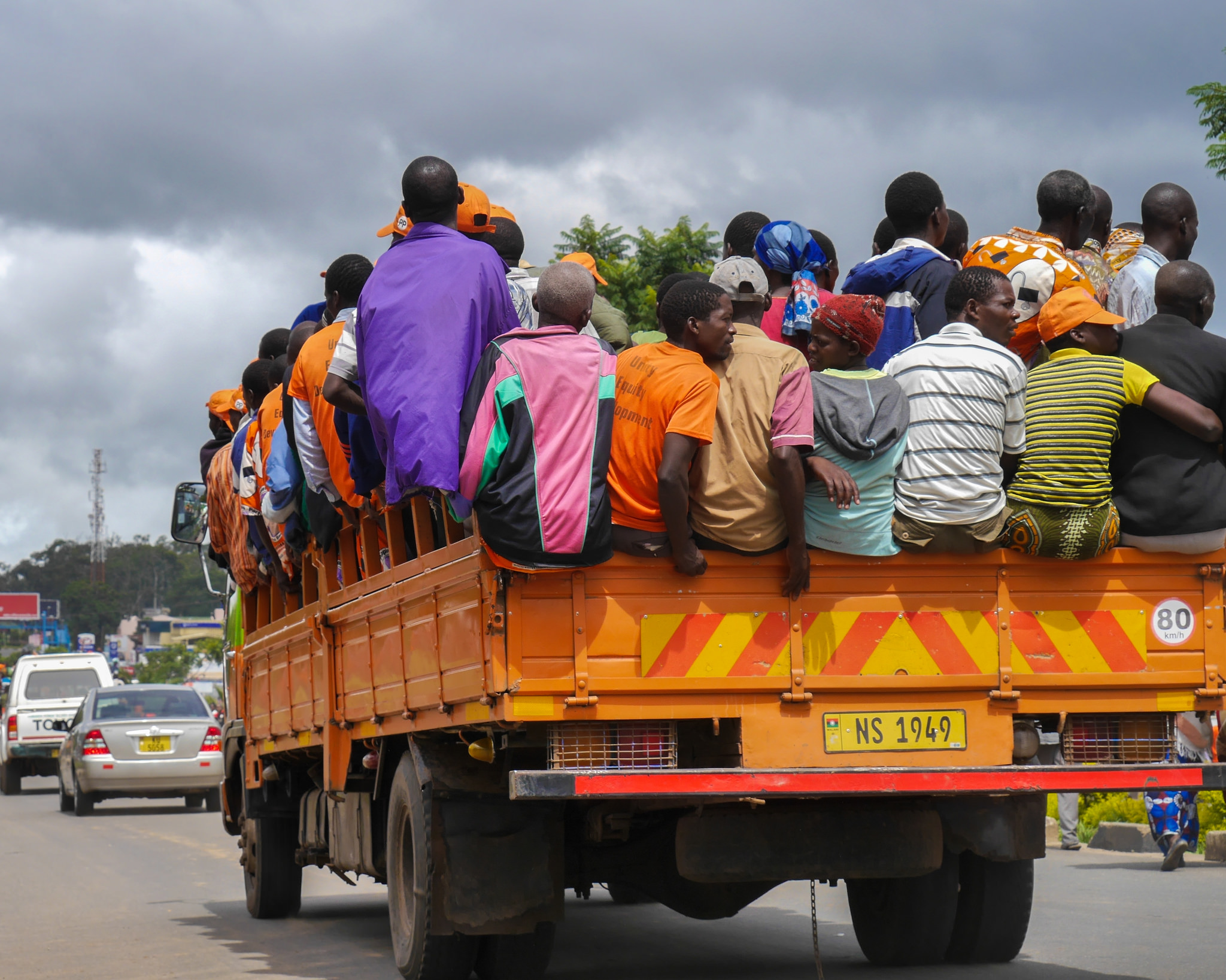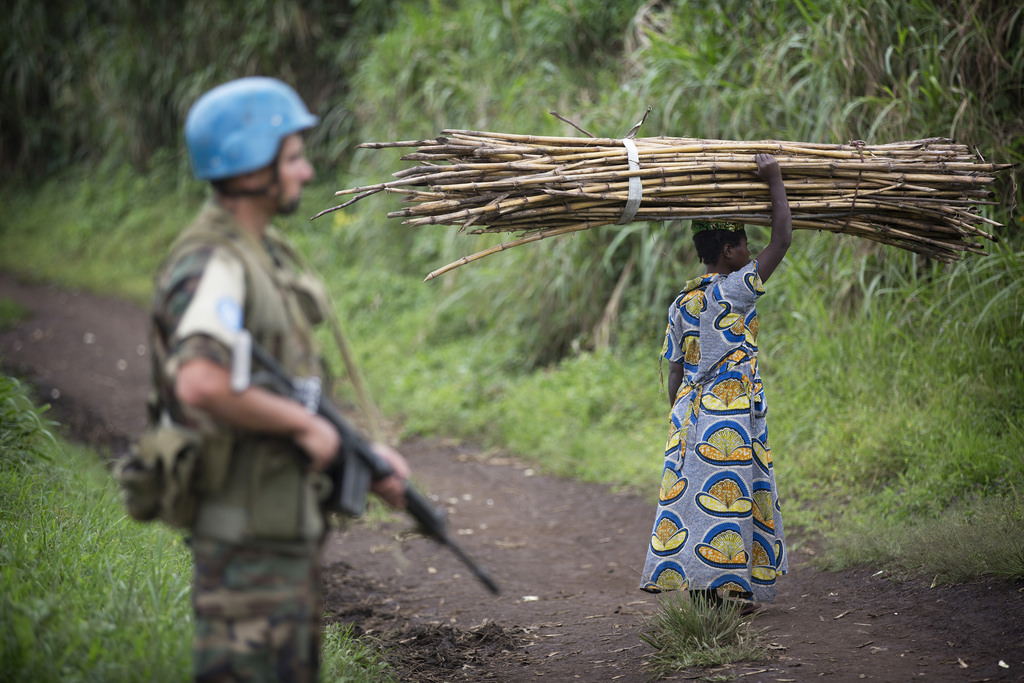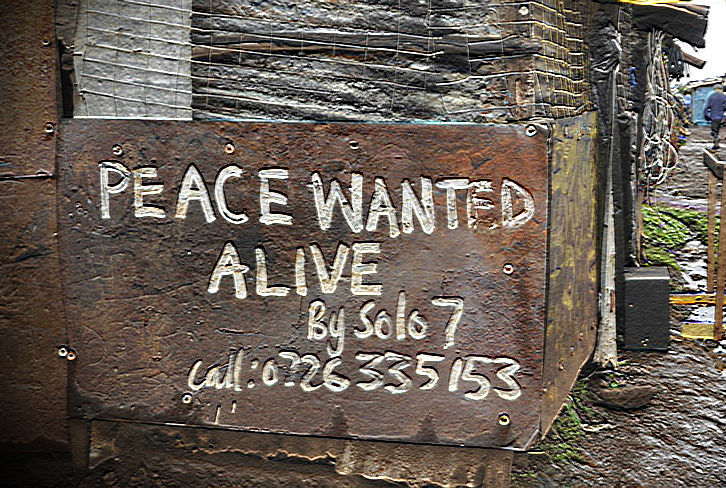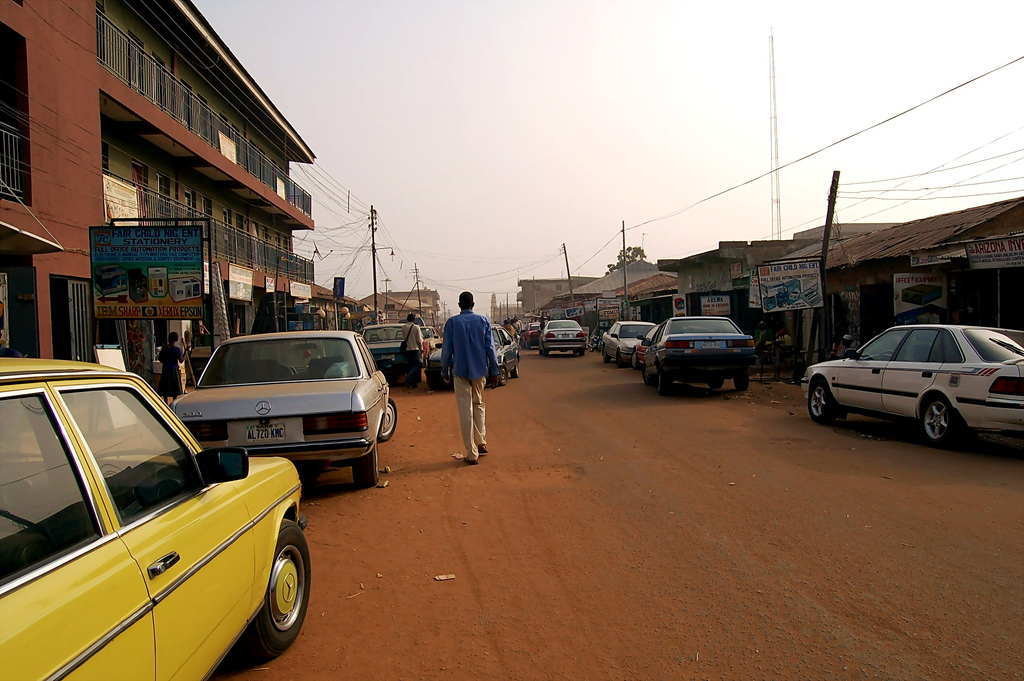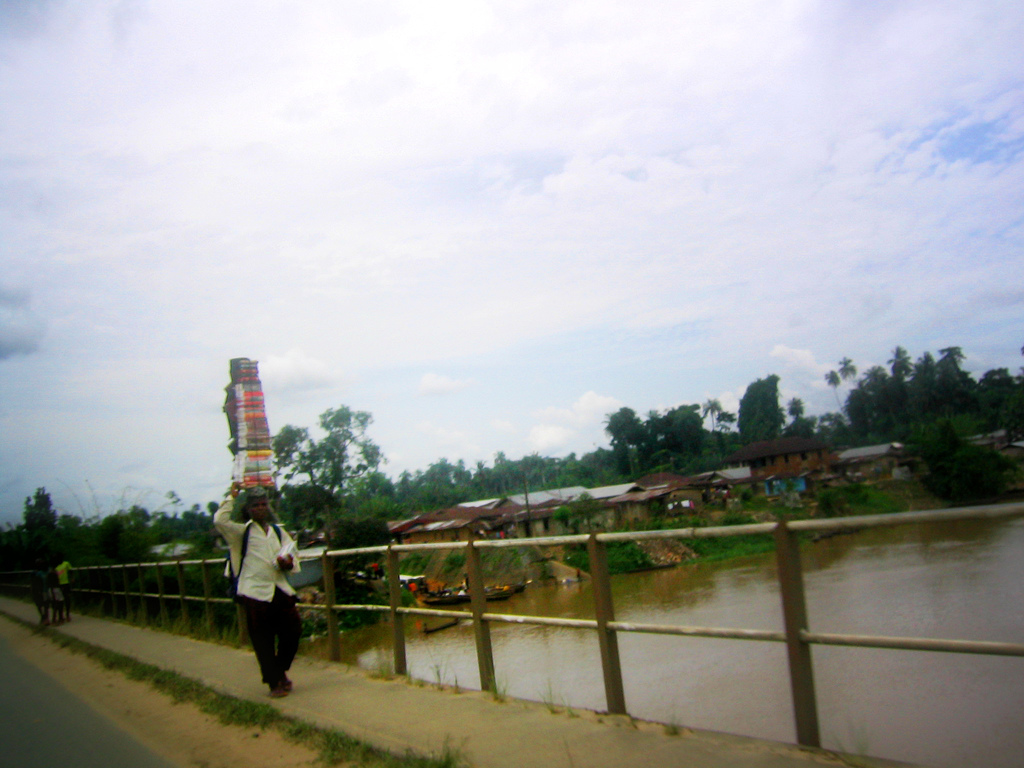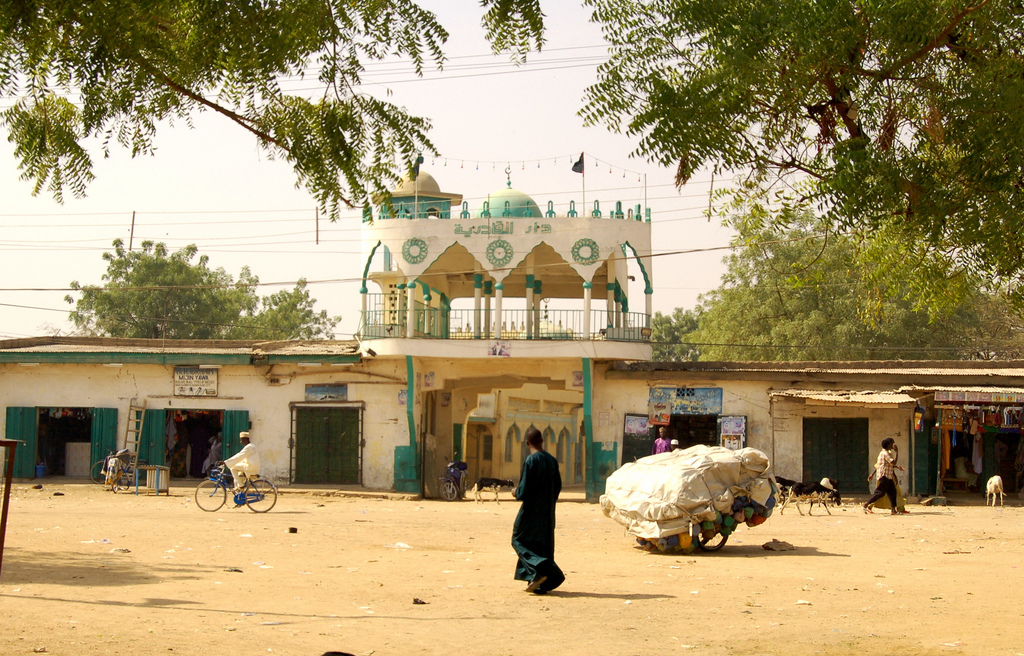"Race, political economy, social classes, the struggle for democracy, the question of unity, and proximate factors such as leadership have all been cited by scholars as causes of political instability in Zanzibar. To understand political reconciliation in the region, however, one needs to approach the problem from the perspective of actors, interests, and strategies for peace."
Essays
Essays present critical analysis and debate on a pressing issue in African peacebuilding.
The May 2014 Malawi Elections: A Democratic Success Story?
by Blessings Chinsinga"These results have been widely embraced by democracy enthusiasts and seen as a significant milestone in Malawi’s democratization project .... However, a critical review of the overall conduct and handling of the polls in May raises a crucial question as to whether or not these elections should be celebrated as the significant achievement they have been made out to be."
Post-M23 Euphoria and the Recurrent Peace Dividends in Eastern DRC
by Christoph Vogel“The examples of M23 and ADF showcase the positive potential of decisive peace enforcement, but neither the unsatisfactory ‘peace agreement’ following the FARDC-FIB success against M23, nor the atomization of ADF into much less powerful but persistent micro-units, are long-term solutions .... [T]he quest for peace needs to be understood as a molecular process involving at least as much of a bottom-up as a top-down logic.”
A Beleaguered Political Marriage: The Tanganyika-Zanzibar Union and the Constitution Process in Tanzania
by Nicodemus Minde"The proposed three-tiered government structure will ease the historical tensions between Tanzania Mainland and Zanzibar, and strengthen this iconic political union. The contentious issues between these two entities raised...can best be addressed by this government format which gives Zanzibar an identity, as well as Tanganyika, through a revised Union government. Having a constitution that captures and espouses the aspirations of a majority of Tanzanians is key for continued statebuilding."
Kenya 2013 Elections: A Reflection
by Njoki Wamai"The 2013 Kenyan elections should be assessed as a process and not as an event. Although it is not clear what direct impact they had on democracy and peacebuilding in the short term, three factors are identified which seem to have influenced the elections significantly by providing opportunities for democracy and peacebuilding to thrive in the long-term. These three factors are: the legacy of Agenda Four; vigilance by Kenyan civil society, the media, and social media; and the role of the International Criminal Court (ICC)."
Replacing Boko Haram with an “Attractive Revolution”
by Bill Knight"Restarting this process of building mass literacy could be a good way to revitalize all of NEAZDP’s components, rebuild trust, resurrect peace, and open the door to other community-driven integrated development initiatives .... Carried out by and for the people, such initiatives would replace the slogan 'education is bad' with 'education is good,' and thereby begin to address the integrated problems of generations going back to the 1970s."
Post-Amnesty Reintegration and Peacebuilding Challenges in Nigeria’s Niger Delta Region: The Way Forward
by Oluwatoyin O. Oluwaniyi“Policies that are implemented for reintegration, if they are to be truly successful, must be linked to the security and human development of oil-based communities, which have suffered untold hardships and borne the major burdens of exploration, exploitation, and violence. Effectively and efficiently rehabilitating all ex-militants and fulfilling their specific needs without turning them into a privileged group within their communities remains a considerable challenge.”
Central African Republic Crisis: Conflating Form with Substance?
by Richard Akum“As insecurity persists, the conflict complexes continue to feed contending networks on the CAR stage, which will add to the intractability of the current conflict. If peacebuilding initiatives are to be developed that give equal importance to statebuilding, everyday politics, and human security, a more thorough analysis of the conflict is needed that clearly distinguishes its form from its substance.”
South Sudan and the Complications of Peacebuilding through Statebuilding
by Meron Tesfamichael“The struggle for power between factions at the center depends on building and undermining state institutions simultaneously—a process international assistance has not been able to rein in. The international technical support for state building appears overwhelmed by the dynamics of state formation, which is inherently political and often violent. Meanwhile, peacebuilding interventions are increasingly overshadowed by the urgency to build the state.”
Refilling the Vacuum: Responding to the Boko Haram Insurgency
by Olabanji Akinola"If the Boko Haram insurgency is to be tackled effectively, a combination of well-thought-out development plans and security strategies is needed .... Bringing the State back into the lives of the people could make a significant difference in addressing youth unemployment and alienation and contribute toward institutionalizing new forms of democratic leadership, accountability, and social harmony."



